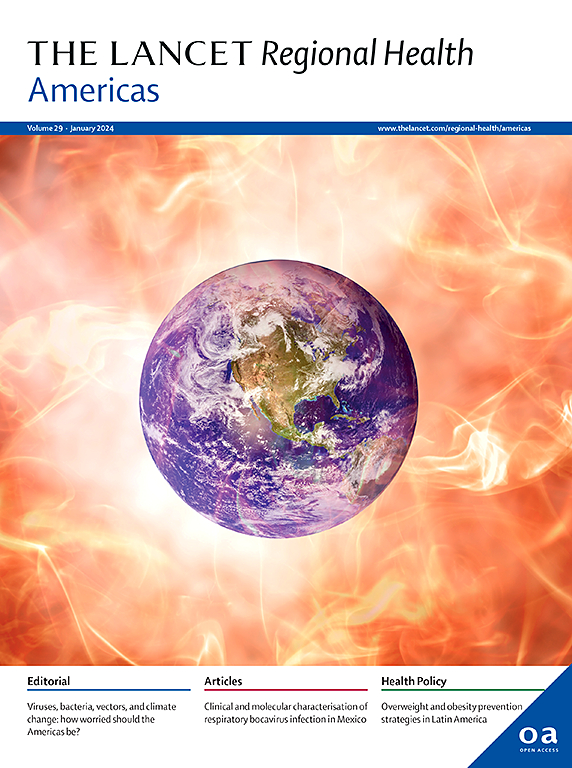利妥昔单抗能彻底改变巴西多发性硬化症的治疗吗?错过了减少复发和降低成本的机会
IF 7
Q1 HEALTH CARE SCIENCES & SERVICES
引用次数: 0
摘要
多发性硬化症(MS)是年轻人神经功能障碍的主要原因,全球约有280万人受到影响。采用高效疗法的早期治疗与较好的长期结果相关,但在包括巴西在内的许多国家,获得这些疗法的机会仍然有限。一项随机试验和观察性研究表明,与常用的一线治疗方法相比,美罗华(Rituximab)在降低复发率方面具有优势。美罗华是一种b细胞消耗剂,已成为一种高效、安全且节省成本的多发性硬化症治疗方法。利妥昔单抗也具有良好的安全性,并且与较低的总体治疗成本相关。尽管利妥昔单抗仍属于MS适应症外用药,但它得到了专家协会的支持,得到了患者组织的认可,并已被列入世界卫生组织的基本药物清单。我们强烈推荐利妥昔单抗作为巴西多发性硬化症的早期治疗选择,在那里采用利妥昔单抗可以改善结果,减少卫生不公平,降低医疗保健系统成本。本文章由计算机程序翻译,如有差异,请以英文原文为准。
Could rituximab revolutionize multiple sclerosis treatment in Brazil? The missed opportunity for fewer relapses and lower costs
Multiple sclerosis (MS) is a leading cause of neurological disability in young adults, affecting an estimated 2.8 million people worldwide. Early treatment with high-efficacy therapies is associated with better long-term outcomes, yet access to these therapies remains limited in many countries, including Brazil. Rituximab, a B-cell depleting agent, has emerged as a highly effective, safe, and cost-saving treatment for MS. A randomized trial and observational studies demonstrate that rituximab is superior in reducing relapse rates compared to commonly used first-line therapies. Rituximab also has a well-established safety profile and is associated with lower overall treatment costs. Although rituximab remains off-label for MS, it is supported by expert societies, endorsed by patient organizations, and has been added to the World Health Organization’s list of essential medicines. We strongly recommend rituximab as an early treatment option for MS in Brazil, where its adoption could improve outcomes, reduce health inequities and lower healthcare system costs.
求助全文
通过发布文献求助,成功后即可免费获取论文全文。
去求助
来源期刊

Lancet Regional Health-Americas
Multiple-
CiteScore
8.00
自引率
0.00%
发文量
0
期刊介绍:
The Lancet Regional Health – Americas, an open-access journal, contributes to The Lancet's global initiative by focusing on health-care quality and access in the Americas. It aims to advance clinical practice and health policy in the region, promoting better health outcomes. The journal publishes high-quality original research advocating change or shedding light on clinical practice and health policy. It welcomes submissions on various regional health topics, including infectious diseases, non-communicable diseases, child and adolescent health, maternal and reproductive health, emergency care, health policy, and health equity.
 求助内容:
求助内容: 应助结果提醒方式:
应助结果提醒方式:


